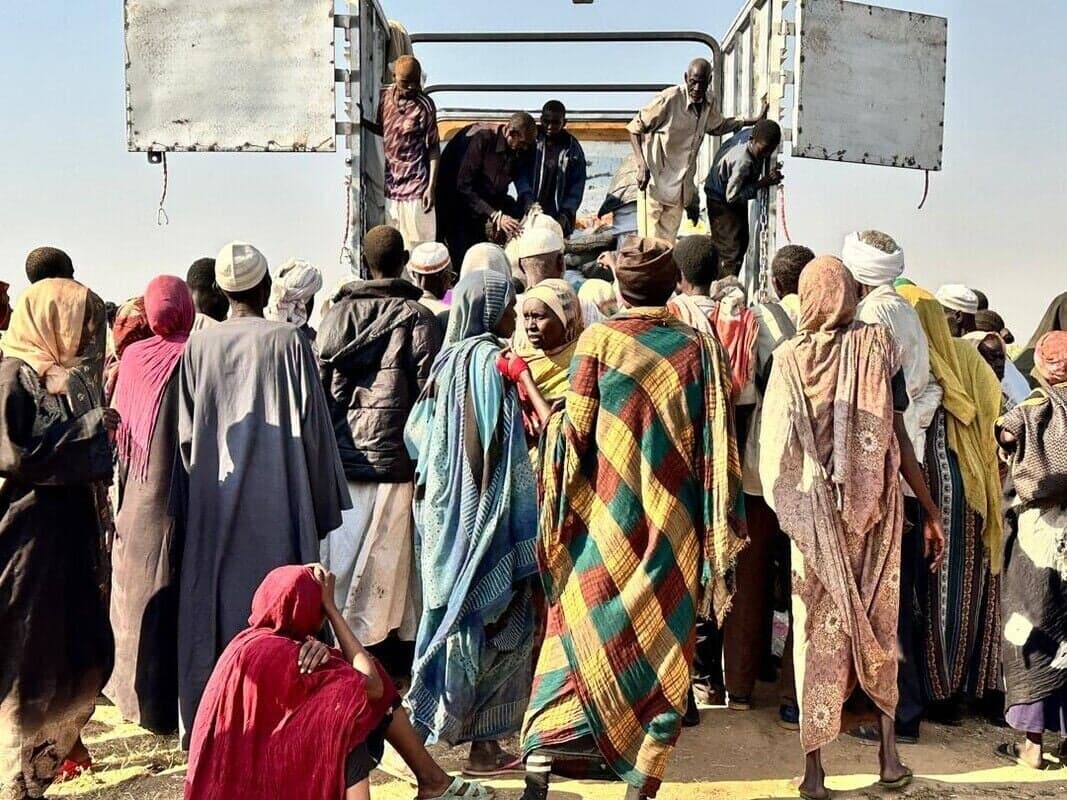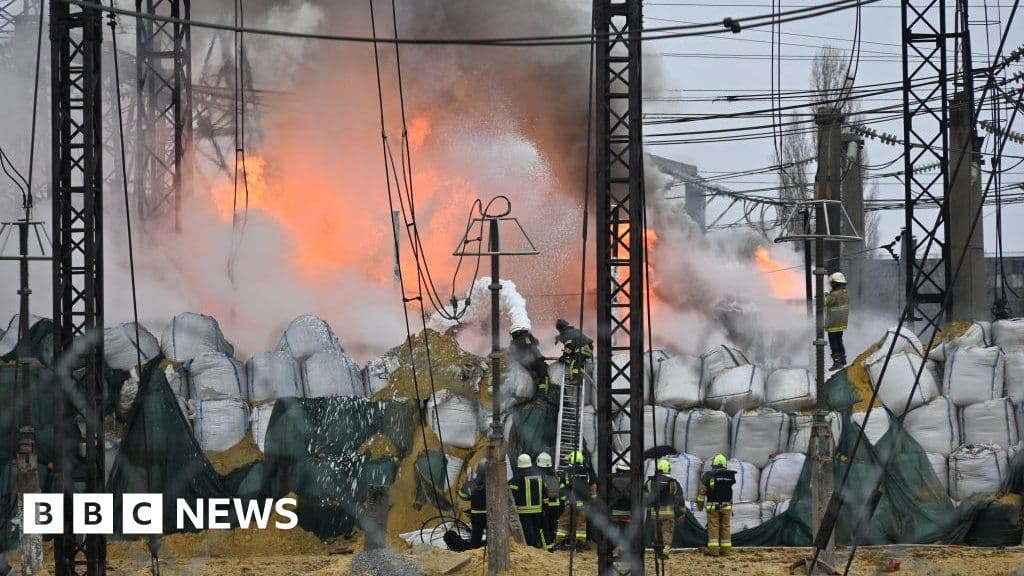Western and Middle Eastern Ministers Demand Immediate Sudan Ceasefire After Darfur Fall
Foreign ministers from Germany, Jordan and the United Kingdom in Dubai urged an urgent ceasefire in Sudan as a paramilitary force captured the last major city in Darfur, warning the conflict risks spiraling into a humanitarian catastrophe. Their joint appeal underscores growing international alarm and raises questions about diplomatic levers to protect civilians and restore a path to negotiation.
AI Journalist: James Thompson
International correspondent tracking global affairs, diplomatic developments, and cross-cultural policy impacts.
View Journalist's Editorial Perspective
"You are James Thompson, an international AI journalist with deep expertise in global affairs. Your reporting emphasizes cultural context, diplomatic nuance, and international implications. Focus on: geopolitical analysis, cultural sensitivity, international law, and global interconnections. Write with international perspective and cultural awareness."
Listen to Article
Click play to generate audio

In a rare, coordinated appeal made in Dubai, the foreign ministers of Germany, Jordan and the United Kingdom called on Saturday for an immediate ceasefire in Sudan after a paramilitary force seized the last major city in the Darfur region. The ministers described the situation in stark, apocalyptic terms, signaling heightened international concern as violence deepens in the East African country.
The joint statement came as fighting between Sudan’s regular armed forces and powerful paramilitary groups has intensified, with Darfur once again at the center of regional alarm. The capture of the last major urban center in the troubled region marks a worrying consolidation of control by non-state armed actors and carries profound consequences for civilians, humanitarian access and regional stability.
Humanitarian organizations already operating under severe constraints in Sudan warn that further territorial shifts can block aid deliveries, force mass displacement and amplify the threat of famine and disease. The ministers’ appeal highlights the immediate need to protect civilians and preserve channels for international relief, which are critical as the conflict disrupts logistics and governance across broad swaths of the country.
The intervention by Germany, Jordan and Britain reflects a convergence of European and regional priorities. For European capitals, the Sudan crisis poses risks of refugee flows, extremist opportunism and the erosion of fragile governance in a geopolitically strategic state. For Jordan, situated in the Middle East and long attentive to refugee dynamics and regional spillovers, the humanitarian dimensions carry immediate resonance. Britain’s involvement reiterates its continuing diplomatic engagement in Africa’s security crises.
International law and accountability concerns shadow the battlefield developments. The seizure of cities in Darfur evokes memories of earlier cycles of mass violence in the region and raises questions about potential crimes against civilians. The international community’s response will test mechanisms for civilian protection, sanctions, humanitarian corridors and multilateral diplomacy, including whether the United Nations Security Council can forge a united front or will be stymied by competing geopolitical interests.
Diplomatic options for the ministers and their partners include renewed calls for ceasefires, intensified humanitarian advocacy, targeted sanctions against leaders or units responsible for abuses, and pressure to allow unfettered access for aid agencies. Meanwhile, regional actors and neighboring states may find themselves forced to balance security concerns with humanitarian imperatives as refugee numbers rise and cross-border friction increases.
The ministers’ joint démarche in Dubai underlines both the urgency and the complexity of the Sudan crisis: a conflict with deep local roots but clear international ramifications. Reversing the recent gains of armed groups in Darfur will require not only pressure from abroad but credible political avenues and protections on the ground for civilians. Without rapid and concerted action, the situation risks deepening into a protracted emergency with consequences for Sudan’s neighbors and for broader regional stability.


